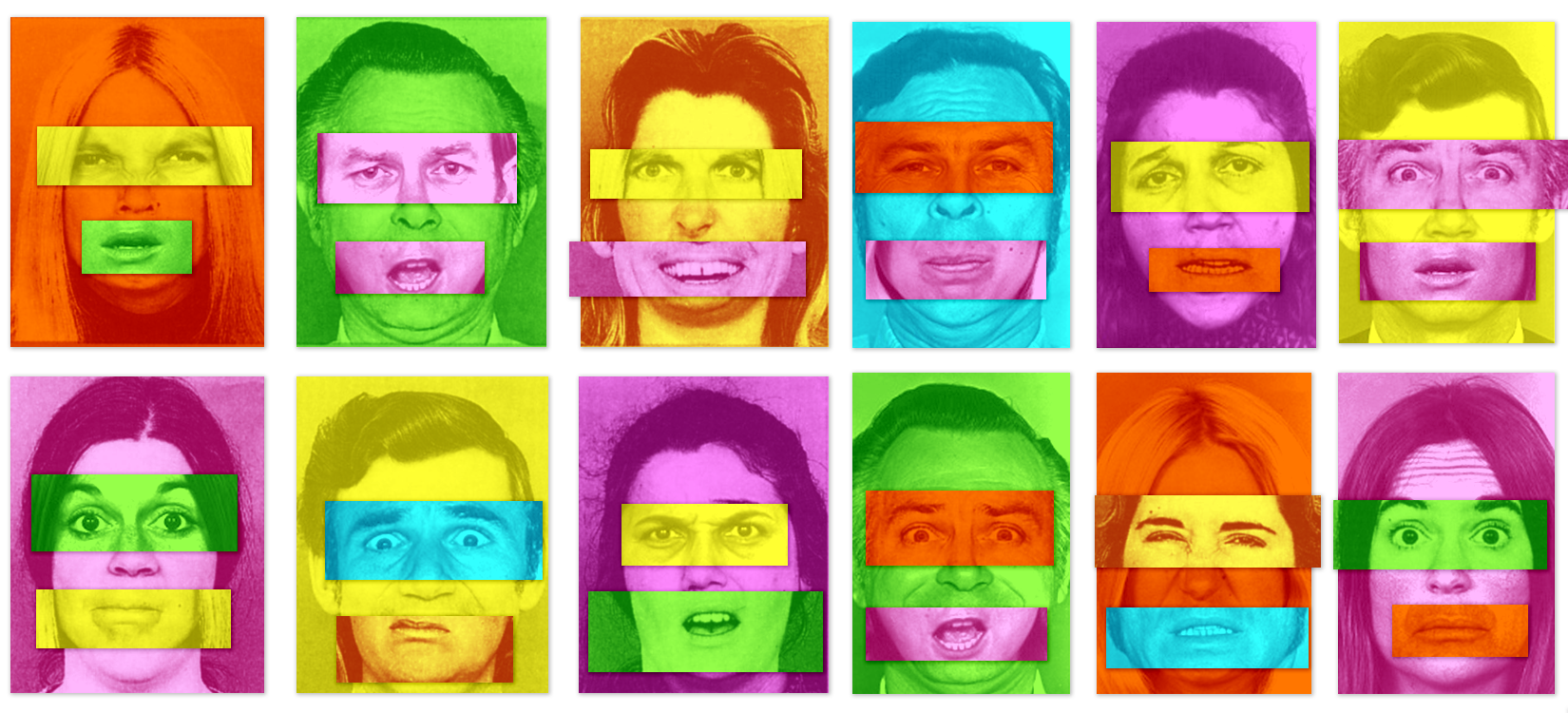British police are preparing to test a system recognitionof a person who projects the moods of people by analyzing the videos.
Lincolnshire police will be able to use the system to search for specific moods and facial expressions, according to the London Times. It will also allow people looking for hats and glasses to carry, or carry bags and umbrellas.
Funding for the project comes from the Ministry of Interior. A police spokesman said στους Times ότι όλα τα βίντεο θα διαγράφονται μετά από 31 ημέρες. Το Υπουργείο ανέφερε επίσης ότι θα πραγματοποιήσει μια έρευνα για την αξιολόγηση της προστασίας των ανθρωπίνων δικαιωμάτων και της ιδιωτικής ζωής πριν από τη δίκη πριν δώσει το πράσινο light.
However, there are already critics who say that the system will violate personal privacy.
“Huge amounts of money are being made available by the Home Office for this legal-facing technology problems, as it violates human rights", said Silkie Carlo, director of civil liberties group Big; Brother Watch.
Police have not yet explained how the system will work. AI-enabled emotional crawling is estimated to be a $ 20 billion market, but there is very little scientific evidence that this technology really works.
In December 2019, the AI Now research institute called on regulators to ban technology from decisions that affect people's lives, as the field is "highly volatile".
"As these technologies evolve, a large number of studies show that there is no substantial evidence that humans have this consistent relationship between the emotion they feel and the way their faces look," said AI Now co-founder. Kate Crawford on the BBC at at the end of last year.





